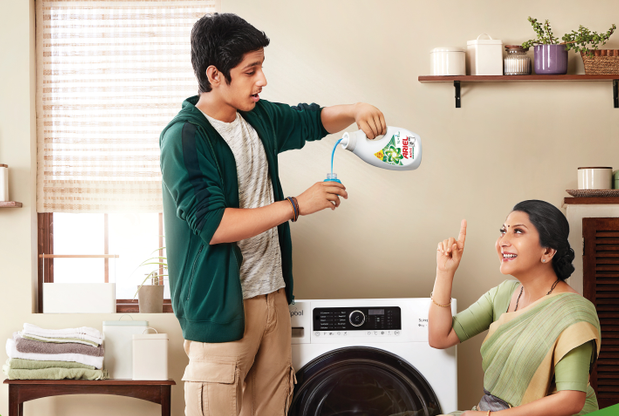Back in the 50s or 60s probably, there used to be numerous tales of how children used to fear their parents, especially their dads, and wouldn’t sit in his presence, wouldn’t laugh in his presence and how his words were the unspoken dictum of the house.
And then we had the 70s and 80s era of fathers, who fought hard to break that notion. Our moms continued to be the primary caregivers in the house and dads were still oblivious of when the geography assignment had to be turned in or if Wednesday was music class or Dance class. But they did their bit to be the “cool” parent taking us out on fun holidays and busy creating memories while providing for a comfortable lifestyle.
And now the 2000/2020s parents are doing everything in their capability to be the parent that redefines being cool. From being their child’s buddies to ensuring they get nothing but the best for their children. But somewhere amidst all of this, there is a notion among parents- that discipline needs to be an integral part of raising kids, otherwise, things will get tough for both children and the parents. But the question remains if we really need fear as a part of the disciplining process for our kids.
Redefining Fear:
It’s important to recognize that the fear we associate with parenting doesn’t always translate to respect or positive behaviour. True respect should stem from understanding, trust, and communication, rather than from fear of punishment. Fostering an environment where your child feels safe to express their thoughts and concerns can actually lead to a more open and healthy parent-child relationship.
Focus On Communication:
Instead of relying on fear, prioritize effective communication. Encourage your child to share their feelings, thoughts, and opinions. When they know their voice is valued and heard, they’re more likely to respect your guidance. Explain your decisions and reasoning, helping them understand the why behind your actions.
Setting Clear Boundaries:
Respect can be nurtured through setting and maintaining clear boundaries. Children thrive in environments where they know what’s expected of them. When rules are consistent and fair, children learn to respect the structure in place.
Lead By Example:
Children often learn by observing their parents’ behaviour. If you want your child to respect you, demonstrate the qualities of respect, empathy, and kindness in your interactions with them and others. This can help shape their understanding of healthy relationships and respectful behaviour.
Encouraging Independence:
A lack of fear can also indicate that your child feels confident and secure in their relationship with you. Encourage their independence and decision-making skills. When they feel trusted to make choices, they learn responsibility and respect for their own actions.
Using Positive Reinforcement:
Rather than relying on fear-based punishments, use positive reinforcement to encourage desired behaviour. Praise and rewards can motivate children to make positive choices, fostering a sense of accomplishment and respect for the values you’ve instilled.
Building Trust:
Building trust is paramount in any relationship, including the one between parents and children. When your child knows they can trust you, they’re more likely to respect your guidance. Keep promises, be reliable, and offer support when they need it
While the idea of a child not being scared of their parents may initially raise concerns, it’s important to shift the focus towards fostering a healthy parent-child relationship built on trust, communication, and respect. True respect doesn’t stem from fear, but from understanding, open dialogue, and positive reinforcement. By nurturing these qualities, parents can guide their children towards becoming responsible, respectful, and independent individuals.
What are your thoughts on this?

















